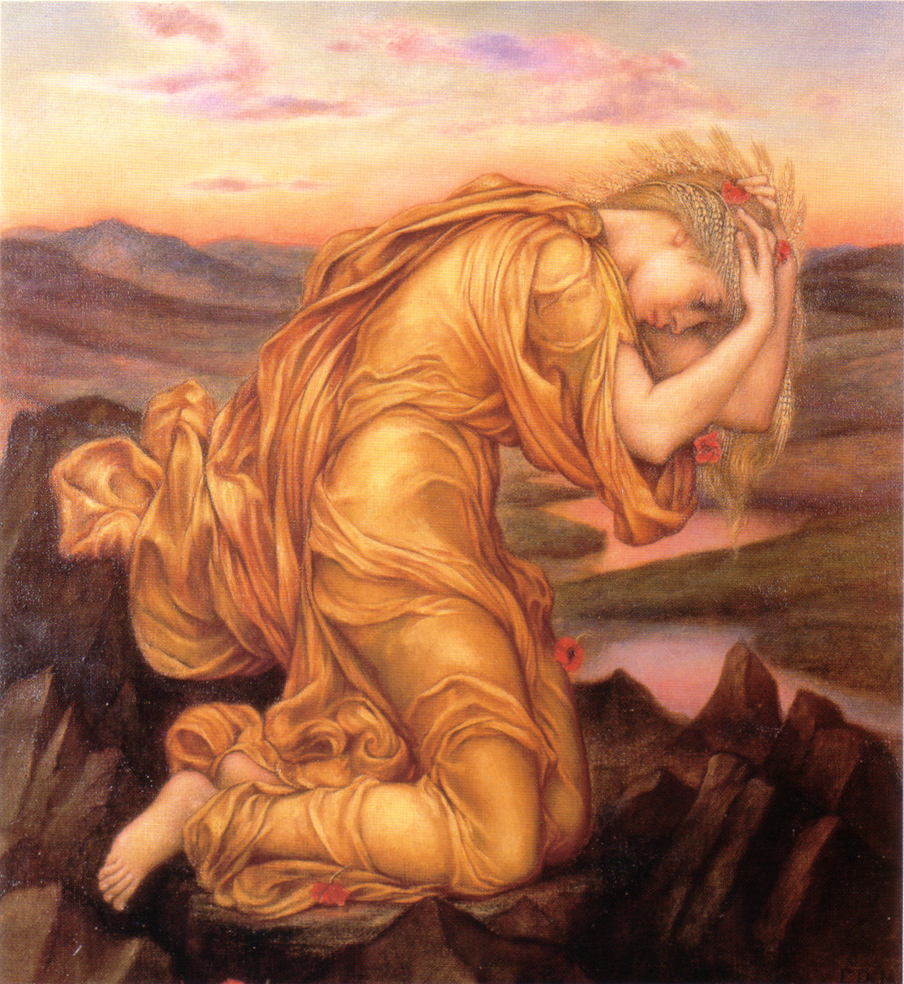I would love to start this story by relaying a conversation that occurred over lunch or dinner at some local cafe or parrilla. I wish I could say the discussion began after clinking a nice Malbec among friends… and finished with a stroll in the park, taking the newly autumn air.
But obviously I can’t…
Instead, I have to admit that, just like everyone else reading these humble pages, the dialogue was done digitally, rather than the now so seemingly distant analog way.
Our friend was explaining his sense of grief over Facetime. With tears welling up and not the opportunity to give a comforting hug, I listened carefully as he described his feelings. Of course, I understood. This roller coaster experience has many dips…
There is, for many of us, a huge sense of loss. It may be the loss of a loved one, or a loved one’s touch. It may be the loss of income or employment and financial security. It may also simply be the loss of normalcy, and all the comfort that entails.

Nikolai Ge painted the painting Achilles Lamenting Patroclus in 1855.
So, too, with loss there are many forms of grief. From the terrifying present to the anticipatory feelings of anxiety and worry, we collectively must figure a way to both understand these emotions as well as navigate them so as to not be overwhelmed by them.
And so, to this end, I ask you dear reader for wisdom.
Whether it be from the words and thoughts of the ancients, or practical techniques for these troubling times, what advice would you give? What philosophies should we have in our toolbox for dealing with the loss? What histories should we relate to give perspective?
In a nutshell, how should we handle this grief?
As always, you can email me directly at [email protected] or comment below…










No comments yet. You should be kind and add one!
Our apologies, you must be logged in to post a comment.